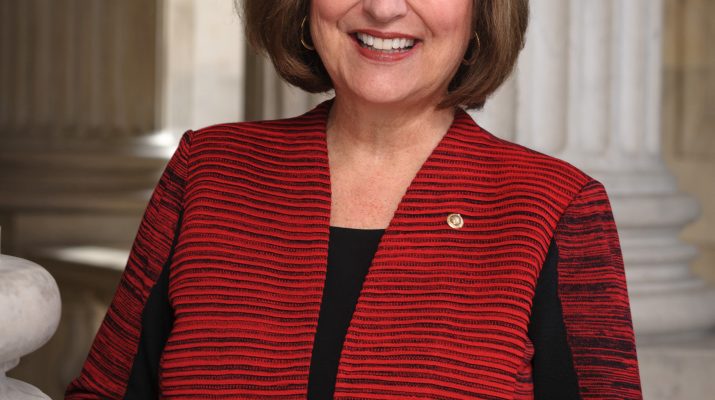March 4, 2024
Last week, natural disaster struck Nebraska. Our dry weather and windy days make us especially vulnerable to disasters like wildfires, as Nebraska farmers and ranchers know all too well. Beginning last Monday, a wildfire blazed across 71,000 acres of land in Custer and Lincoln counties over just 24 hours. The fire destroyed several buildings, including primary residences, and forced evacuations in the North Platte area. Thankfully, no one was hurt, but producers and their families are experiencing losses.
Nebraska’s local and state-level agencies handle emergencies like this skillfully. But farmers, ranchers, and their families can struggle in the aftermath with confusing and delayed disaster relief regulations on the federal level. Federal relief is often slow because of bureaucracy in Washington — but getting aid quickly is essential for producers’ livelihoods.
Over the years, I’ve heard time and time again about the complications of relief programs, and my office has helped many producers navigate them. Their experiences led me to introduce the Emergency Conservation Program Improvement Act, which was referred to the Senate Committee on Agriculture, Nutrition, and Forestry for consideration earlier this month.
If passed, my bipartisan bill will expedite producers’ access to federal disaster relief by reforming the Emergency Conservation Program (ECP) and the Emergency Forest Restoration Program (EFRP). These reforms will give producers harmed by natural disasters the option to receive an up-front cost-share, based on Department of Agriculture estimates, so they can get to work immediately restoring what they’ve lost. The bill will also adjust eligibility for relief to include any wildfire caused or spread due to natural causes, as well as wildfires caused by the federal government.
Family farmers and ranchers need help quickly after disaster strikes. The Emergency Conservation Program Improvement Act will make that help more efficient and easily accessible. Last week’s tragic wildfires demonstrated the necessity of passing this bill — and soon.
At home, first responders like our firefighters, State Patrol, National Guard, and others did their part to fight the fires and support those affected. Here in the U.S. Senate, I want to do my part too. I’m hopeful that we can get this legislation passed in the Senate and send it to the president’s desk.
Thank you for participating in the democratic process. I look forward to visiting with you again next week.

